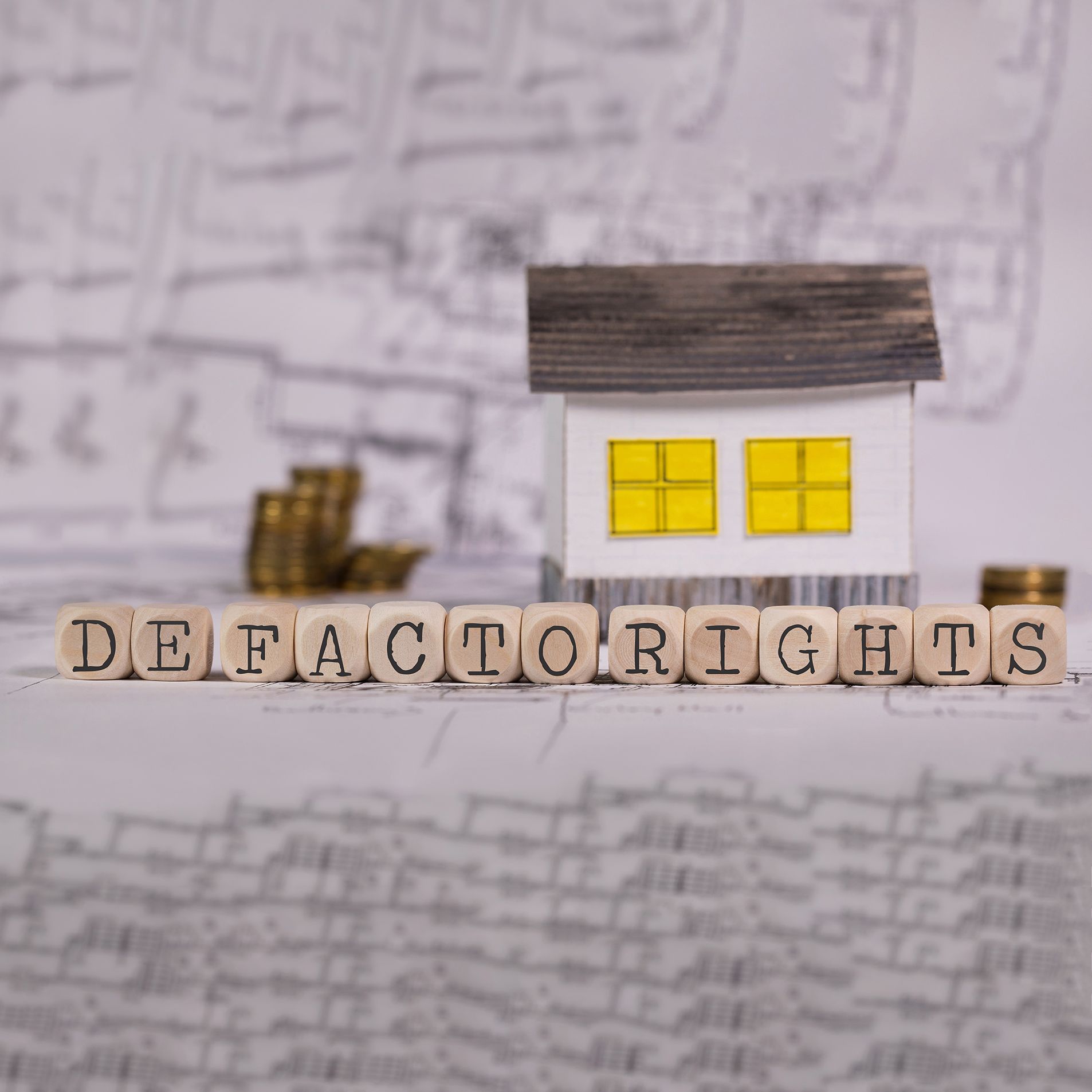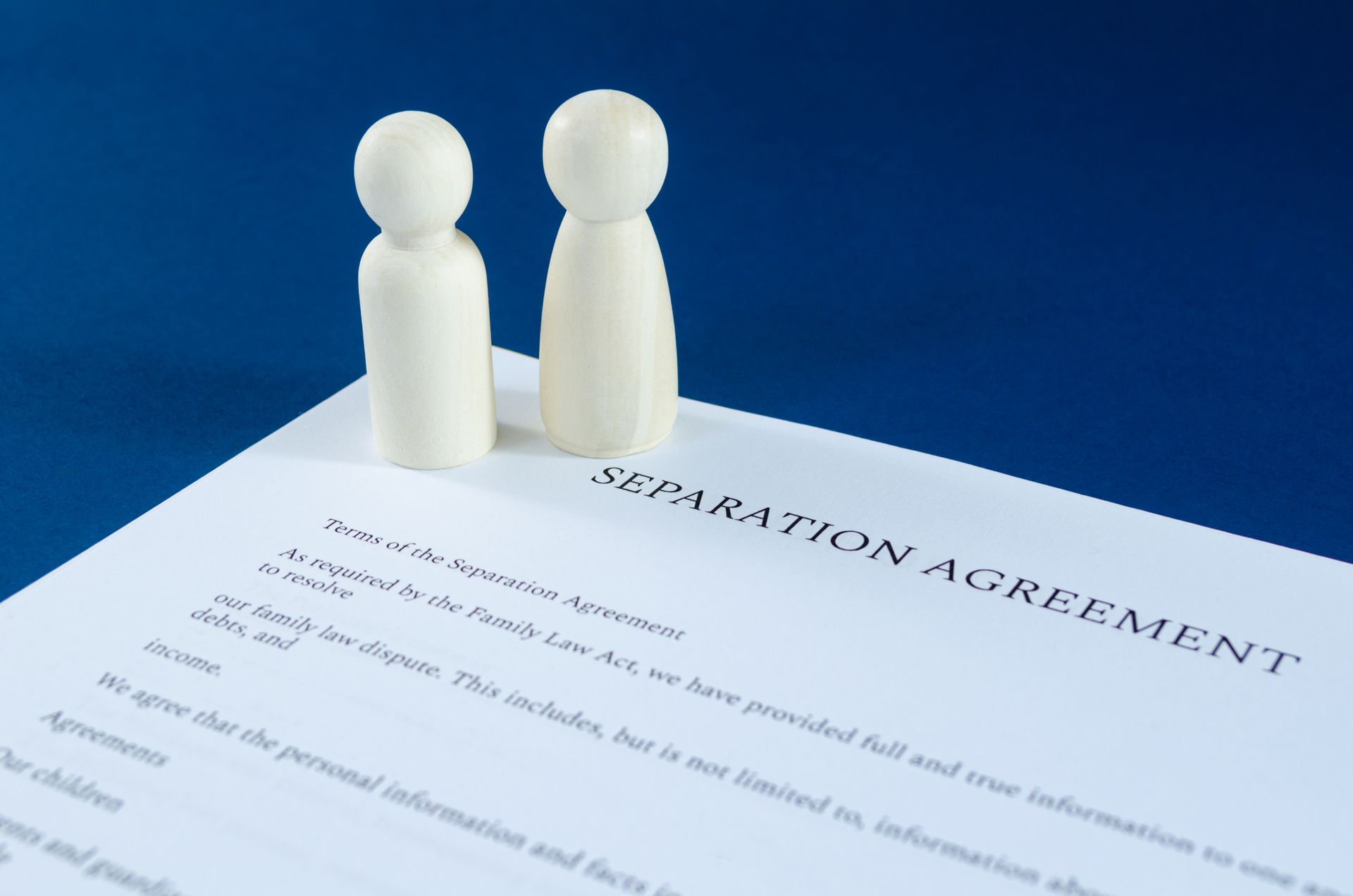Expertise
Family Lawyers - Divorce Lawyers - Child Custody
FAMILY LAWYERS SHELLHARBOUR
Extensive Experience
Our family lawyers in Shellharbour work across all areas of family law, including divorce, parenting arrangements, financial settlements, and spousal maintenance.
Dedicated Team
We aim to make the legal process as straightforward as possible. Our team works closely with you to reduce complexity and offer practical direction, so you’re never left uncertain about your next step.
Trusted Family Lawyers
We understand how difficult family breakdowns can be. Our approach is thoughtful and focused, helping you make decisions that protect your wellbeing and long-term interests.
Here to Help
Going through a separation or dealing with parenting arrangements, or property division can take a toll on your wellbeing. These situations often come with complex emotions, making it difficult to focus on the steps ahead.
At Kells, our Shellharbour family lawyers understand how personal these challenges are. We are here to provide clear, practical advice to help you make informed choices about your future and your family.
Led by a NSW Accredited Specialist in Family Law, our team includes skilled solicitors, paralegals, and support staff who work together to keep your matter progressing smoothly. We take a team approach to reduce costs and make sure you always have the help you need at each stage.
Our focus is on helping you regain control during a time of uncertainty. Whether you're finalising a financial settlement or working through parenting arrangements, you can count on us to deliver.
Hear Our Story
How Can Our Expert Family Lawyers Help?
Our family lawyers in Shellharbour support individuals facing significant changes in their personal lives. Whether you’re separating, finalising a divorce, dealing with parenting arrangements, managing property division, or addressing superannuation, we are here to provide the support you need to proceed. We also work with clients in de facto and same-sex relationships, as well as those experiencing family violence.
Get Professional Family Law Advice
Have any questions about family law or relationship law?
Send us your information, and a member of our staff will reply to you.
Frequently Asked Questions
OUR TEAM
Our Expert Lawyers
Related Articles
Speak to a Shellharbour Family Lawyer
Whether you're navigating separation, parenting arrangements, or property division, our team is here to help you move forward with confidence and care.






















